Our Dicehaven gaming group just launched our Traveller RPG (Mongoose 2nd Edition) actual play podcast. The first two episodes are out now and new episodes will drop each Tuesday.
Page 23 of 128
Introducing the logo for the Cat’s Claw (our ship in our Thursday Traveller campaign)!
I figured the ship would have a Ship’s Registration Code similar to NCC-1701A (Star Trek’s “Enterprise”), so I came up with a naming convention. Here’s how it works.
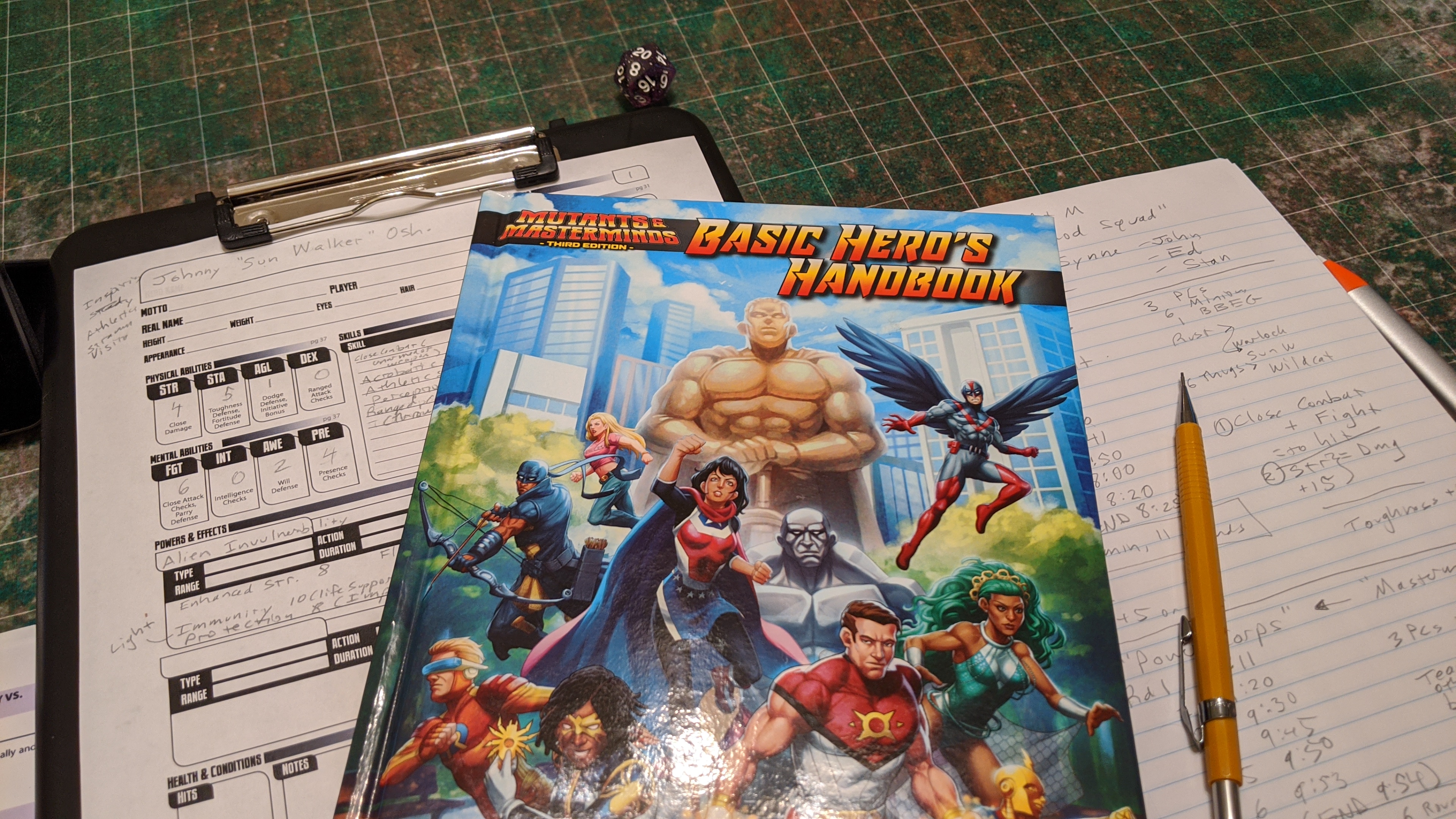
Mutants & Masterminds After-Action Report
I had a great time playing Mutants & Masterminds last night with my game group. We are trying out different Superhero game systems to see which RPG would be the best fit for our collective GM and play-style preferences. Our group really loved playing Mutants & Masterminds and it is definitely a strong contender for future Superhero campaigns. After running it we had some ideas on how to make it easier to track damage and conditions.
There is some speculation on the DC Universe forums that DC may do a re-release of DC Heroes. Background: DC Universe (see
https://www.dcuniverse.com) is an online platform for streaming movies, TV, and reading 20K+ comics. They also have some ‘unscripted’ shows which are things like talk shows and cosplay, and now their adding RPG actual play streaming featuring DC Heroes at the end of this month. Continue reading
I’ve been doing a bit of reading on DC Heroes and its history and also reading up on Mutants and Masterminds (aka M&M, which is the generic version of Green Ronin’s ‘DC Adventures’; it’s the same system, but one has the DC characters and the other doesn’t). Based on forum posts and reading through the rules (and having played M&M 2e several years ago, but not having played DC Heroes), here’s my observations on the two systems. Continue reading



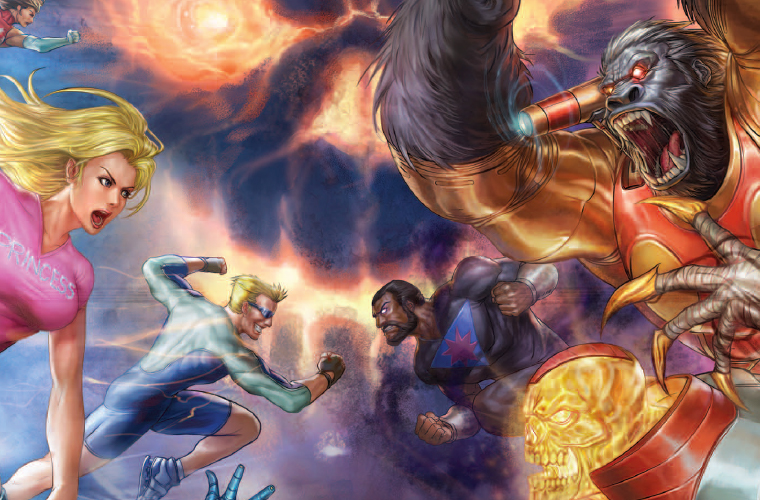
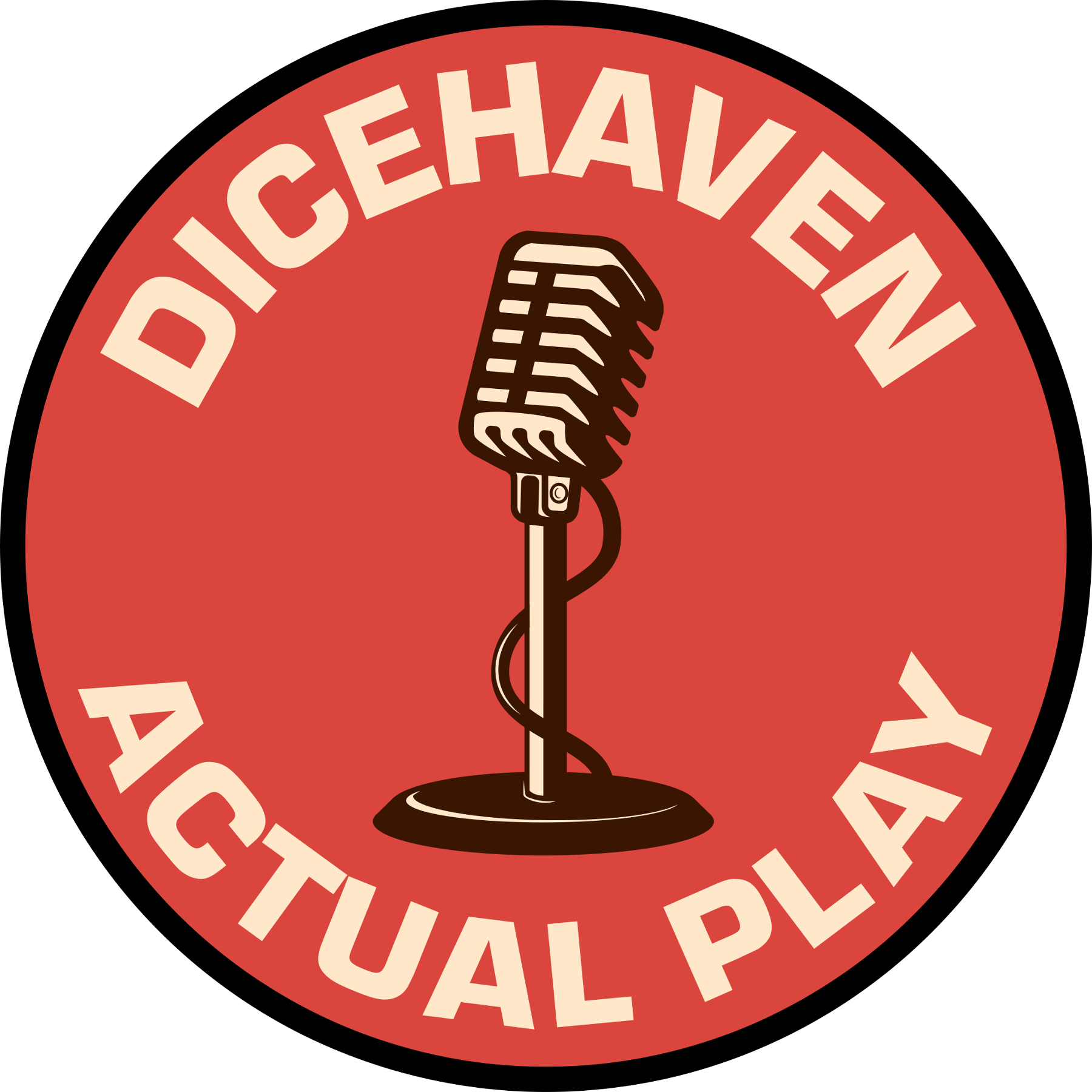
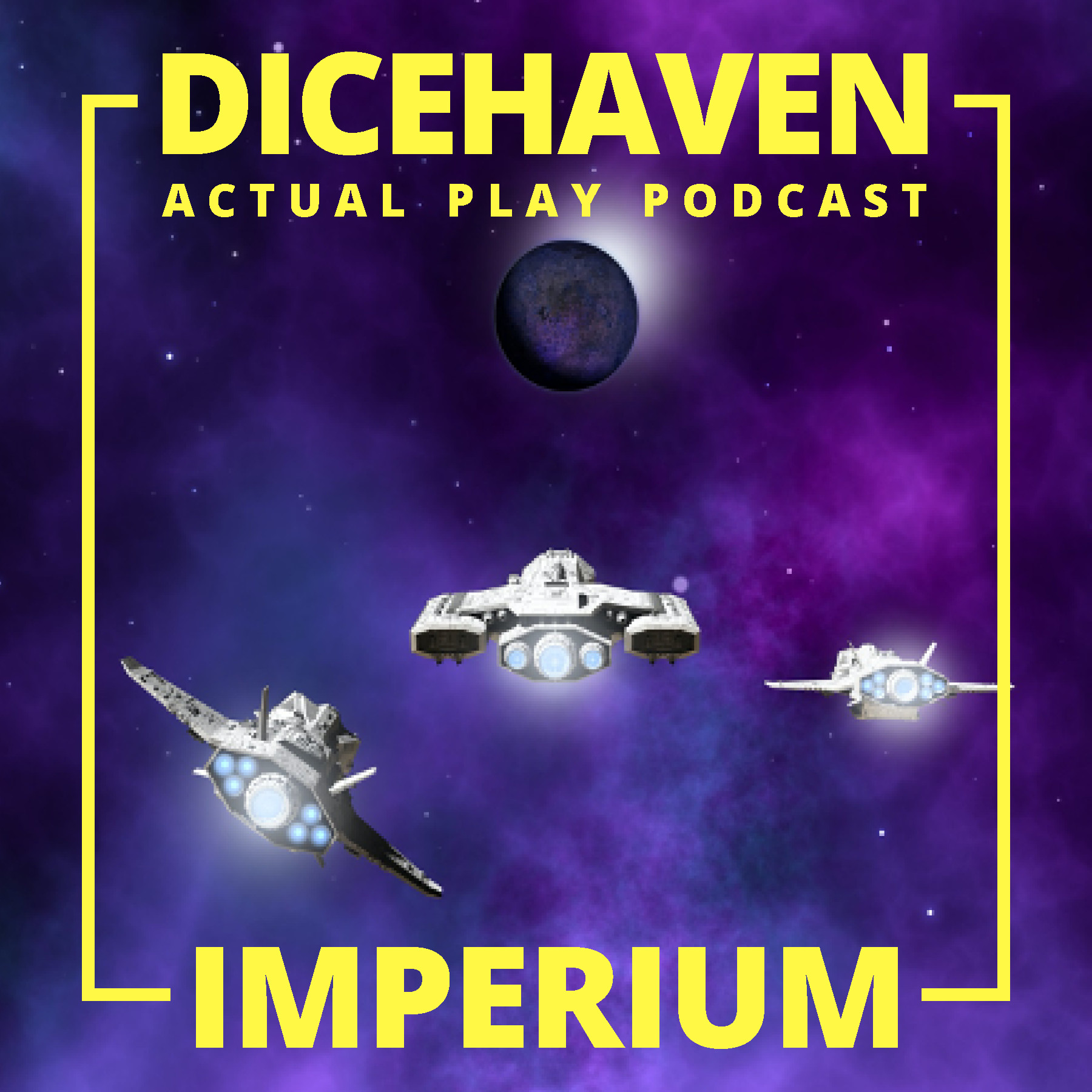
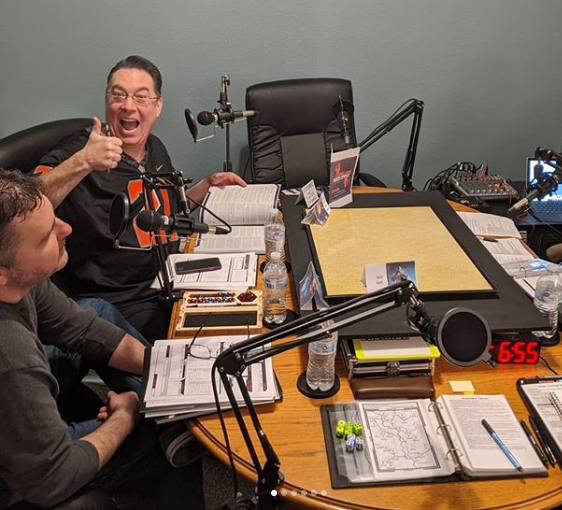
Recent Comments